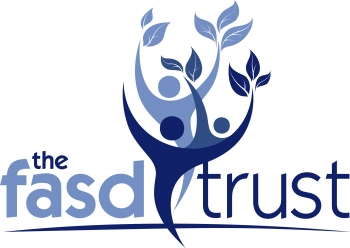Communication matters. Its official!
 Communication aids and services are essential provision for children and young people with little or no speech.
Communication aids and services are essential provision for children and young people with little or no speech.
At the end of the National Year of Communication, outgoing Communication Champion Jean Gross calls for the NHS Commissioning Board to provide communication aids and services for children and young people who are unable to communicate verbally as a consequence of disability.
Communication Matters, the lead organisation dedicated to creating a world where everyone has a right to a ‘voice’ through the provision of communication equipment and services, welcomes the report by the Communication Champion and her key recommendations on AAC (Augmentative and Alternative Communication).
AAC is the term used to describe methods of communication which can support or replace the more familiar methods of speech and writing when these are impaired. AAC includes unaided systems such as signing and gesture, as well as aided techniques ranging from picture charts and paper-based systems to the most sophisticated computer technologies currently available, referred to as communication aids. AAC can help someone understand communication, as well as a means of expression.
The Communication Champion has called for the Government to implement in full the recommendations in her report on augmentative and alternative communication, asking the NHS National Commissioning Board “to procure regional or supra-regional ‘hub’ centres to assess the needs of children and young people who can benefit from AAC and to provide them with appropriate communication aids and services, in partnership with locally commissioned AAC ‘spoke’ services.”
Jean Gross also recommends that local governments develop effective local AAC services involving SLTs, occupational therapists, teachers and technicians to support the work of the specialist hubs.
For further information click here


 The FASD Trust was started in January 2007 in response to the growing number of requests for information on FASD (foetal alcohol spectrum disorder ) being received by the adoptive parents of a child with FAS.
The FASD Trust was started in January 2007 in response to the growing number of requests for information on FASD (foetal alcohol spectrum disorder ) being received by the adoptive parents of a child with FAS.  Move to Learn offers a simple, flexible movement program, based on the natural movements of babies and toddlers that addresses the underlying functional deficits that children with various learning difficulties have shown.
Move to Learn offers a simple, flexible movement program, based on the natural movements of babies and toddlers that addresses the underlying functional deficits that children with various learning difficulties have shown.